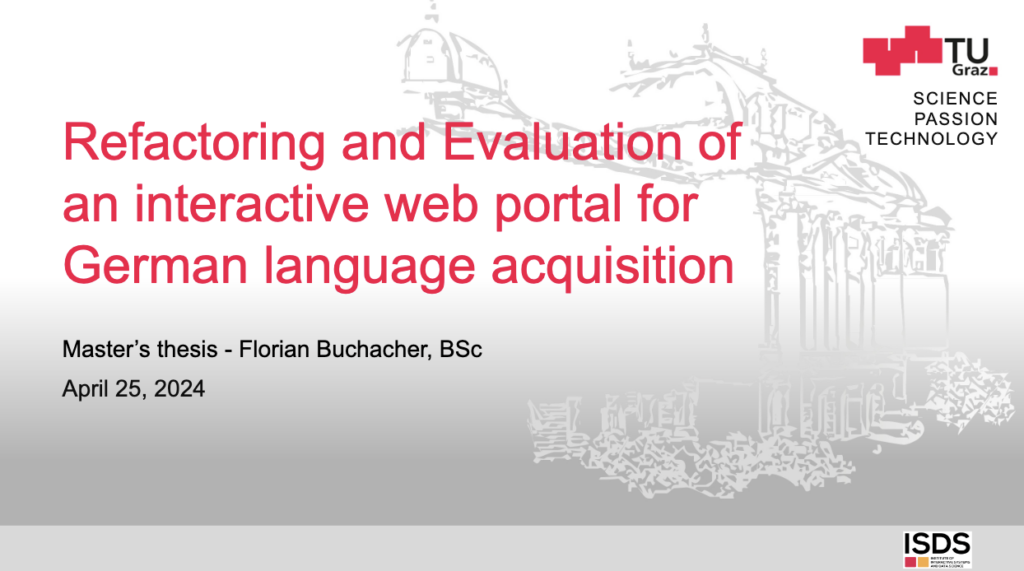Our article about „Teaching German as a Foreign Language with Open Educational Resources (OER)“ got published in the International Journal of Emerging Technologies:
Abstract:
The focus of this research is to find OER to be used in learning German as a foreign language levels A1 to B1 of the The Common European Framework of Reference for Languages (CEFR) standards and to implement in teaching at University of Malang (Indonesia). An overview of the OER will be given, which was categorized language learning level, themes, among others level and themes. From the implementation in university classes with about 19-21 years old, our interviews with five lecturers and their answers in an online questionnaire showed that the OER material in learning did provide many benefits for lecturers and students, including the variety of materials, the forms, and the economic aspect. However, the existing OER still have some downsides, like their suitability to the needs of lecturers and students, in terms of their themes, the technical requirements and levels of difficulty.
[full article @ ResearchGate]
[full article @ Journal’s Homepage]
Reference: Wijayati, P. H., Kharis, M., Hidayat, E., Ardiyani, D. K., Ebner, M., & Schön, S. (2022). Teaching German as a Foreign Language with Open Educational Resources (OER): Implementation in and Experiences from an Indonesian University. International Journal of Emerging Technologies in Learning (iJET), 17(04), pp. 225–238. https://doi.org/10.3991/ijet.v17i04.23225

